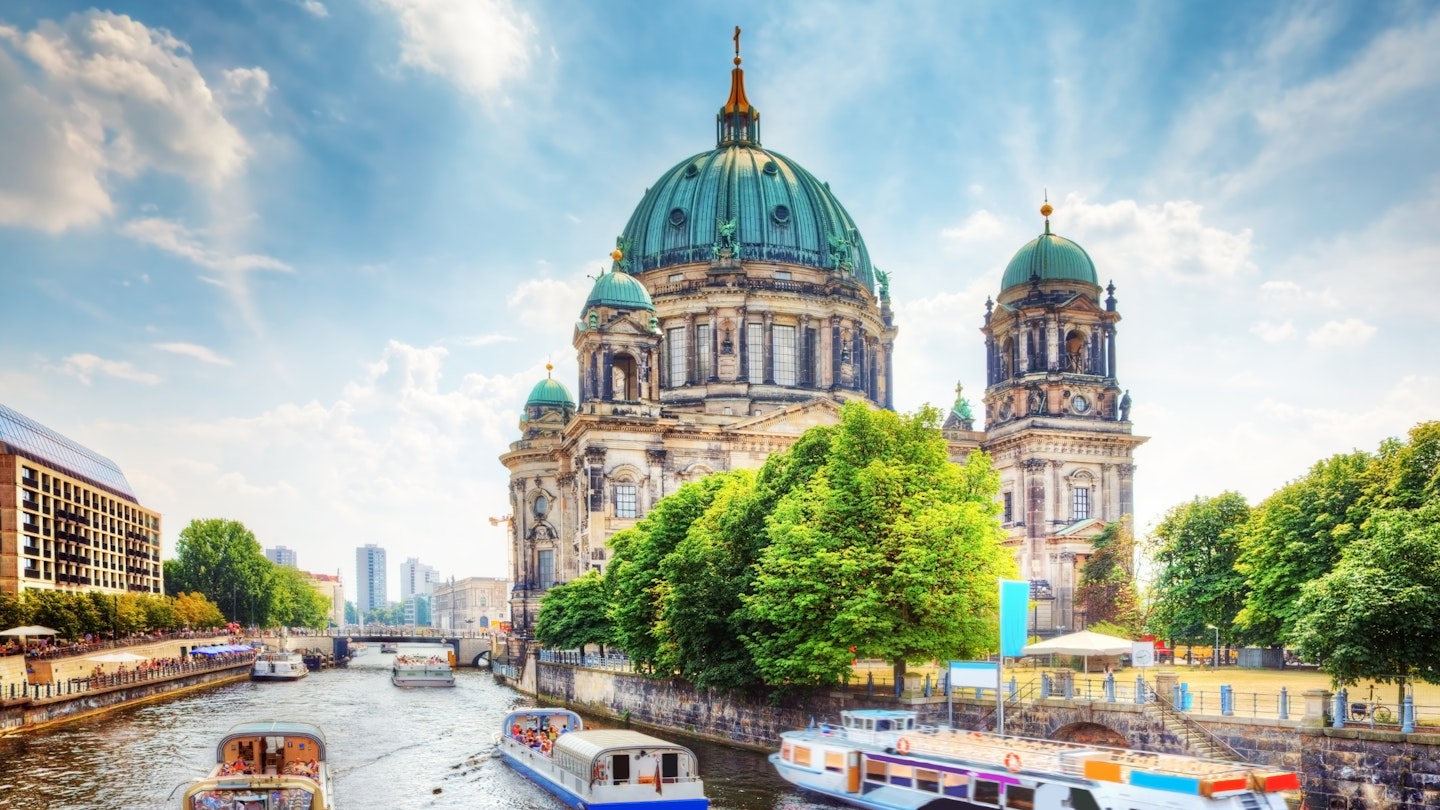Essential Tips for Navigating Germany with iBestTravel
With a rich history and a diverse culture, Germany presents a fascinating experience for travelers. The country’s economy ranks as the third-largest in the world, and its population exceeds 80 million, including a significant number of residents with immigrant backgrounds. Consequently, it is vital to understand the unique quirks and social norms that define various regions within Germany.
1. Get Around on Two Wheels
Bike riding is a popular and efficient mode of transportation in Germany. The country boasts numerous dedicated bike lanes, especially in urban areas and along key cycling routes. Additionally, bike-sharing schemes are prevalent, with some cities even offering shared cargo bikes for families. Always remember to secure your bike with a lock when leaving it unattended, as it is crucial for ensuring its safety.
2. Travel Smart: Train Tickets and Seat Reservations
Utilizing the high-speed ICE trains operated by Deutsche Bahn makes traveling across Germany quick and convenient. However, tickets can be costly if purchased last minute or during peak travel times. Reserving a seat is recommended to avoid sitting in less comfortable areas, such as the bike storage section of the train.
3. Shopping Etiquette: The Sunday Rule
Many retail establishments in Germany, including supermarkets, remain closed on Sundays. If you need to purchase items, major train or bus stations may have limited options available. On Sundays, locals typically enjoy leisurely activities such as visiting parks, hiking, or attending flea markets.
4. The Importance of Cash
Cash is still the preferred method of transaction in Germany, so it’s wise to carry euros for day-to-day expenses. Smaller cafes and shops may not accept card payments, emphasizing the need for cash at all times. While the trend towards card payments is increasing, readiness for both cash and card options is advisable.
5. Language Matters: Communicating Effectively
German is the official language, and while many locals speak English, especially in larger cities, a basic understanding of German phrases can be beneficial. Simple greetings like Danke (thank you) and Bitte (please) can enhance your interactions and make your visit more enjoyable.
6. Drinking Culture: Public Consumption
In Germany, it is socially acceptable to drink in public spaces; however, moderation is key. Public drunkenness can attract negative attention, so it’s advisable to consume alcohol responsibly. After finishing your drink, remember to leave the empty bottle in a designated area for collection by those seeking a deposit refund.
7. Understanding Social Interactions
While Germans may not engage in small talk as readily as other cultures, many are kind and willing to provide assistance. Berliners, for example, are known for their direct approach, often perceived as brusque. By respecting local customs and remaining engaged, travelers may find German locals to be helpful companions during their stay.




